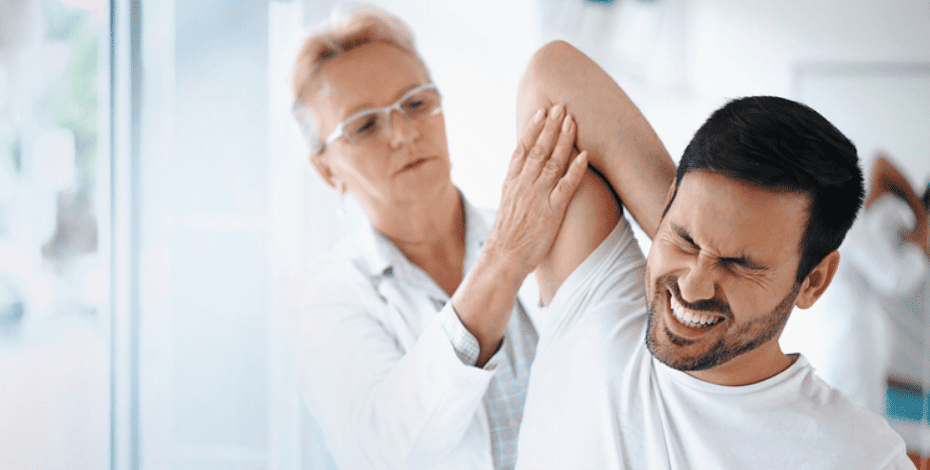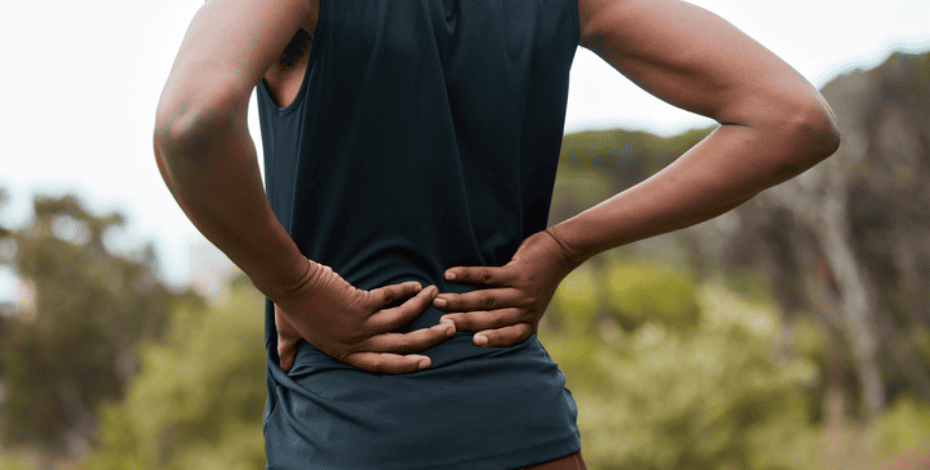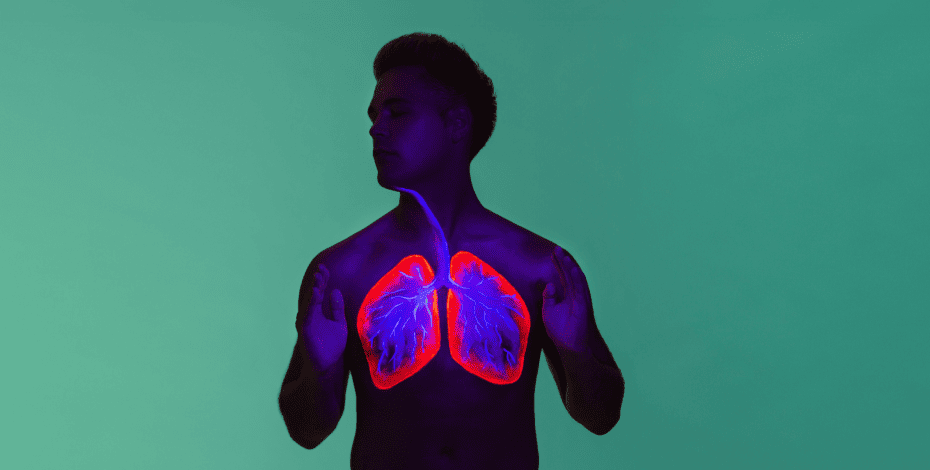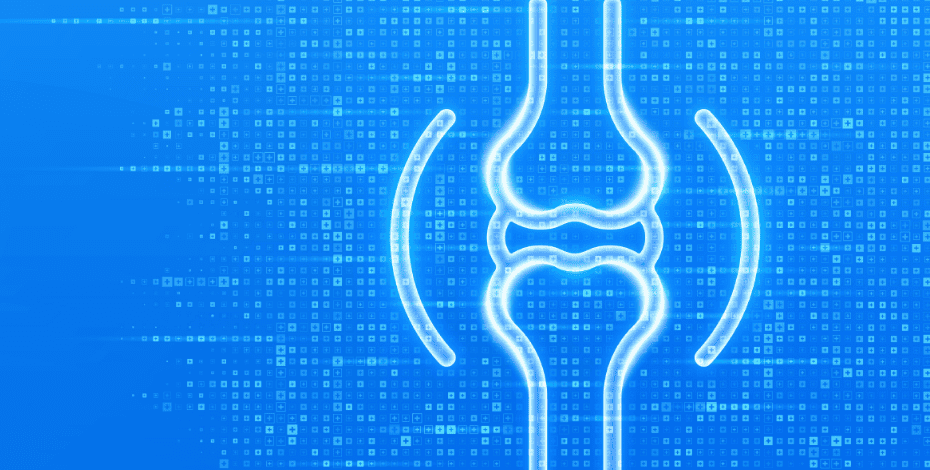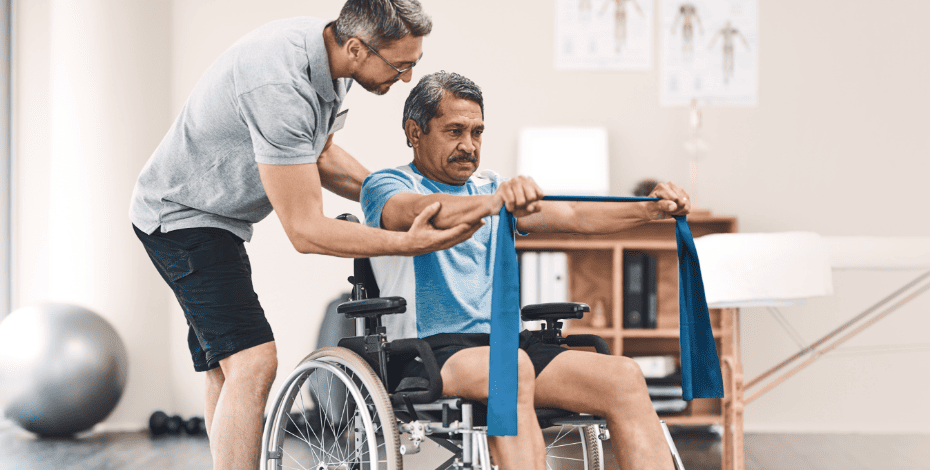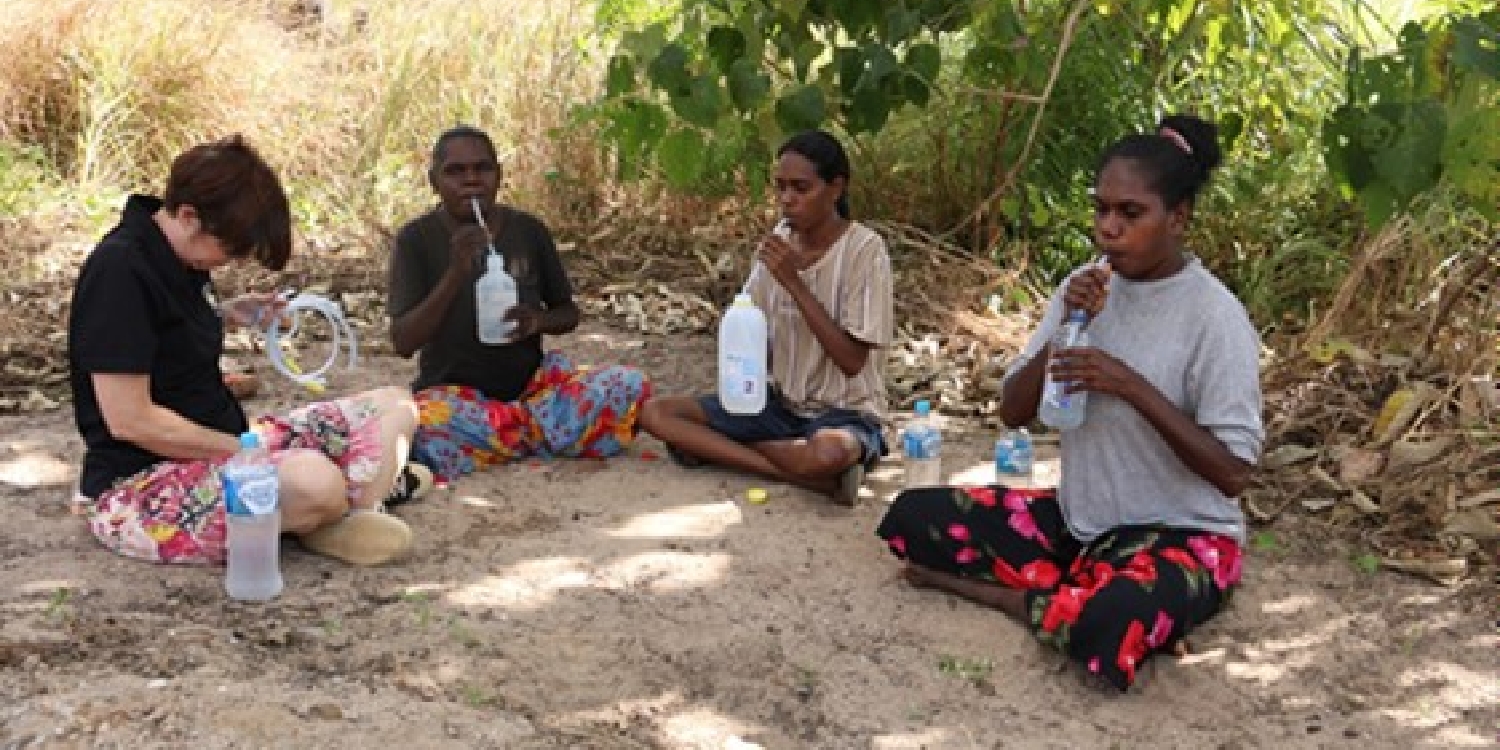
Strong Lungs website for chronic lung conditions

RECONCILIATION Physiotherapists Caroline Nicolson and Annemarie Lee discuss the development of the Strong Lungs website, a culturally safe online physiotherapy resource on chronic lung diseases for Aboriginal and Torres Strait Islander people in the Northern Territory.
The developers of Strong Lungs acknowledge and pay respect to the Kunibidji and Larrakiah people—the traditional owners of the lands on which we filmed.
It is well documented that Aboriginal and Torres Strait Islander people have a disproportionately higher incidence of chronic respiratory conditions compared to the non-Aboriginal and Torres Strait Islander population.
Nearly one-third of Aboriginal and Torres Strait Islander individuals have a chronic respiratory condition, including asthma, chronic obstructive pulmonary disease and bronchiectasis.
These chronic lung diseases can develop in people of any age and cultural background; however, Aboriginal and Torres Strait Islander people have the highest rate of bronchiectasis in the world.
Culturally appropriate communication, knowledge translation and health services are essential to ensure that Aboriginal and Torres Strait Islander Australians feel comfortable participating in the prevention and treatment of respiratory diseases.
Importantly, approximately 60 per cent of First Nations people in the Northern Territory speak an Aboriginal language at home.
Until recently, no online respiratory disease resources were available in local languages for Aboriginal and Torres Strait Islander people.
A new resource is available for health professionals who work with these communities and for their patients with chronic lung conditions.
Strong Lungs is the first culturally safe online physiotherapy resource available for Aboriginal and Torres Strait Islander patients.
The artwork for this website was developed by Whadjuk Nyoongar artist Aurora Abraham from the South West region of Western Australia.
The resources were developed in collaboration with the Danila Dilba Health Service in Darwin and the Mala’la Health Service Aboriginal Corporation in Maningrida.
The Strong Lungs website is a respiratory health education and knowledge resource for Aboriginal and Torres Strait Islander communities in rural and remote Australia. It includes nine educational videos:
• Chronic lung sickness
• How to feel better
• Physios can help
• Big Wind Breathing
• Bottle PEP exercises
• Try to stop smoking
• Aileen’s story
• Lucy’s story
• Make strong lungs your story.
Joined together, these videos create the Strong Lungs story and the first five have been translated into seven local Northern Territory languages: Arrernte, Burarra, East Side/West Side Kriol, Pitjantjatjara, Modern Tiwi, Warlpiri and Yolngu Matha.
The final video, Make strong lungs your story, was developed by the Ripple Effect Band, a talented group of women in Maningrida who wrote the words and music for the song.
The song talks about all the things you need to do to keep your lungs strong—walking, not smoking, drinking adequate fluid, eating healthy food and going to the clinic when you are sick.
At the request of health professionals in local communities, downloadable culturally safe resources were also developed, including eight patient handouts: ACBT [active cycle of breathing technique] handout, Bottle PEP [positive expiratory pressure] handout,
Asthma action plan, Strong lungs for a strong life, Managing your cough, Walking, Strength exercises and Stretch exercises.
Several of these resources are applicable to all chronic health conditions that require exercise.
Financially supported by the APA, the Strong Lungs project is now in the research phase.
Health professionals in the Northern Territory who have been using the resource are being interviewed to give their feedback.
It has been reported to date that the videos and website are being well received.
After people view the videos in their language, it has been reported that the patients and their relatives are now more engaged with treatment and are returning to the health centres for follow-up.
If the use of the Strong Lungs website is shown to be beneficial for the treatment of chronic lung disease in Aboriginal and Torres Strait Islander people, it is hoped that further funding may support the addition of local languages in other parts of Australia.
If you are interested in using this website for your patients and would like more information, contact Caroline Nicolson
at caroline@nicolson.net.au
If you would like to be involved in the research phase, evaluating this resource, contact Annemarie Lee at Annemarie.Lee@monash.edu
>> Caroline Nicolson MACP is an APA Cardiorespiratory Physiotherapist and an honorary research fellow at the Alfred Hospital in Melbourne.
>> Dr Annemarie Lee APAM is an experienced cardiorespiratory physiotherapist and researcher and an associate professor at Monash University.
About the program
The Strong Lungs program and website provide, for the first time, accessible and culturally safe knowledge transfer about managing chronic lung disease.
Strong Lungs was specifically designed for Aboriginal patients, families and Aboriginal Community Controlled Health Services and was made with the assistance of Aboriginal health leaders and Aboriginal Community Controlled Health Services in the Northern Territory.
It is delivered in a number of Aboriginal languages translated from English by Elders and Aboriginal Health Practitioners.
It is a groundbreaking approach to delivering physiotherapy interventions to Aboriginal people. Strong Lungs has immense application in the Tackling Indigenous Smoking program and contributing to Closing the Gap strategies.
I congratulate the physios who have developed the program with Aboriginal colleagues and community in the Northern Territory. I acknowledge the APA for providing support.
The Strong Lungs program is freely available for use by all health professionals, universities and Aboriginal communities.
I encourage all physios to visit the website and spread the word to local Aboriginal communities.
>> Marilyn Morgan APA Honoured Member, physiotherapist, Deputy Chair of the National (Indigenous) Health Leadership Forum (nhlf.org.au)
Course of interest:
Australian Physiotherapy Council's Cultural Safety Training for Physiotherapists
© Copyright 2024 by Australian Physiotherapy Association. All rights reserved.

